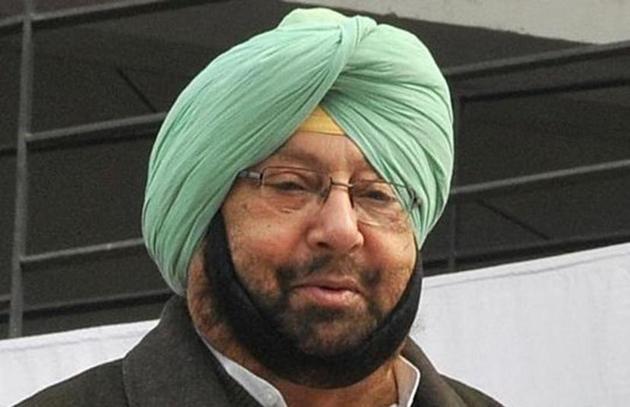
The Capt Amarinder Singh-led Congress government on Wednesday abolished the Right to Service (RTS) Commission, removing all 10 commissioners with immediate effect.

The state government notified the abolition after governor VP Singh Badnore gave assent to the Punjab Transparency and Accountability in Delivery of Public Service Act-2018. The new legislation, which repealed the Punjab Right to Service Act, 2011, under which all the 10 incumbent members were appointed, was granted assent by the governor last week and came into force on July 17.
Those whose services have been dispensed with include acting chief commissioner Jagdeep Singh Cheema, Lakhwinder Singh Lakhi, Jagmeet Kaur Sandhu, Kamaldeep Bhandari, Nirmal Kaur, Rajinder Parshad Mittal, Pankaj Kumar, Maninder Singh, Jagdish Lal and Baljit Singh Jalalusma. All 10 were appointed by the previous SAD-BJP government.
Cheema said the commission was working well to ensure timely delivery of services to people in a transparent manner. “I had a cursory look at the new legislation. There is not much difference between the two,” he told HT.
The Congress government had made up its mind about winding up the RTS commission set up by previous government in 2011 right at the start, asking the home department to draft a new legislation ostensibly to replace it with a new body with “more transparency and accountability”. The flow of funds slowed down, delaying salaries of commissioners and other staff. On March 13 this year, the state cabinet approved the draft bill which was passed by the state assembly on March 28.
The new legislation, which was prepared by the department of governance reforms and public grievances to overcome the “shortcomings and weaknesses” in the earlier Act 2011, envisages back-end computerisation of all public services within three to five years, online receipt of service requests as a mandatory provision and electronic delivery of services to citizens in a time-bound manner.